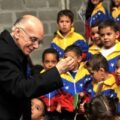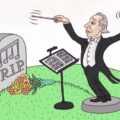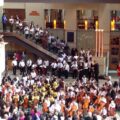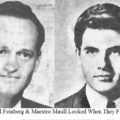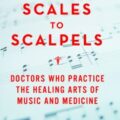Aug 27, 2012
Is Classical Music Dying? Part 2
In a March 2011 blog post I posed the question: “Is classical music dying?” My thoughts mostly concerned the precarious financial condition of many of America’s professional symphony orchestras. . .a condition that, sadly, has improved only a little in the interim.
In the concluding paragraph I answered my own question. “I’d like to think that, were there just one human being left on the planet who was moved by this music, the flame would still flicker. Thankfully, there are yet many appreciators. But we must not kid ourselves – most of the US population remains largely uninvolved with this music because they simply don’t know how affected by it they could be!” This also, sadly, remains true. But, thankfully, all of us who passionately care about classical music may breathe one collective sigh of relief. That relief may be summed up in two words: ‘El Sistema.’
For more than a decade I’ve gotten to know musicians who were products of Venezuela’s incredible music educational program/social safety net known as El Sistema. Yet, to my own detriment, I failed to comprehend the full impact of this movement, that is, until I read Tricia Tunstall’s new book: Changing Lives Gustavo Dudamel, El Sistema and The Transformative Power of Music (W.W. Norton & Company, 2012). 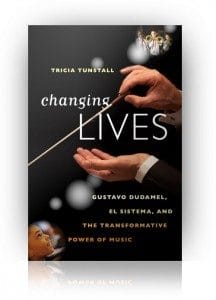
You will be unable to put this book down.
Tricia Tunstall, a writer and music educator who lives in Maplewood, New Jersey, has been a friend and colleague for a number of years. To our delight, Tricia is an ardent fan of The Discovery Orchestra and, in fact, is writing her doctoral dissertation at Boston University on The Discovery Orchestra! That soon-to-be-completed dissertation was, of necessity, put ‘on hold’ while Tricia published two books: Note by Note: A Celebration of the Piano Lesson (Simon & Schuster, 2008 – also well worth the read) and Changing Lives.
I simply had no idea what was really going on – not only in Venezuela, but also around the planet – as the “children” of Jose Antonio Abreu, founder of El Sistema, daily continue to transform the lives of literally hundreds of thousands of individuals. From reading Tricia’s riveting account of her time spent researching this miracle in Venezuela, I do not get the impression that Maestro Abreu was seeking to “save classical music” or keep it from dying. He was engaged in a much more urgent enterprise. He was saving the lives of the impoverished children living in the gang-infested barrios that surround cities such as Caracas, by teaching them to play orchestral instruments and organizing them into music educational dynamo ‘safety zones’ known as n̼cleos.
The results since this movement began are truly earth shattering and mindboggling. Take a look at this video. Not only have so many lives been transformed . . .no t only have youth orchestras been started, cultivated and brought to such a high level of perfection that their playing rivals that of the greatest professional symphony orchestras . . . but, while engaged in the process of saving lives, Maestro Abreu and his disciples have insured that ‘the light’ of classical music will not be extinguished! At least not for a very, very long time.
Thank you, Tricia, for chronicling the incredible saga of this now worldwide classical music educational engine for meaningful social change. What a welcome burst of good news in this time of depressing news cycles! I repeat: you will be unable to put this book down. To purchase a copy of this inspiring book, visit Tricia’s website.

